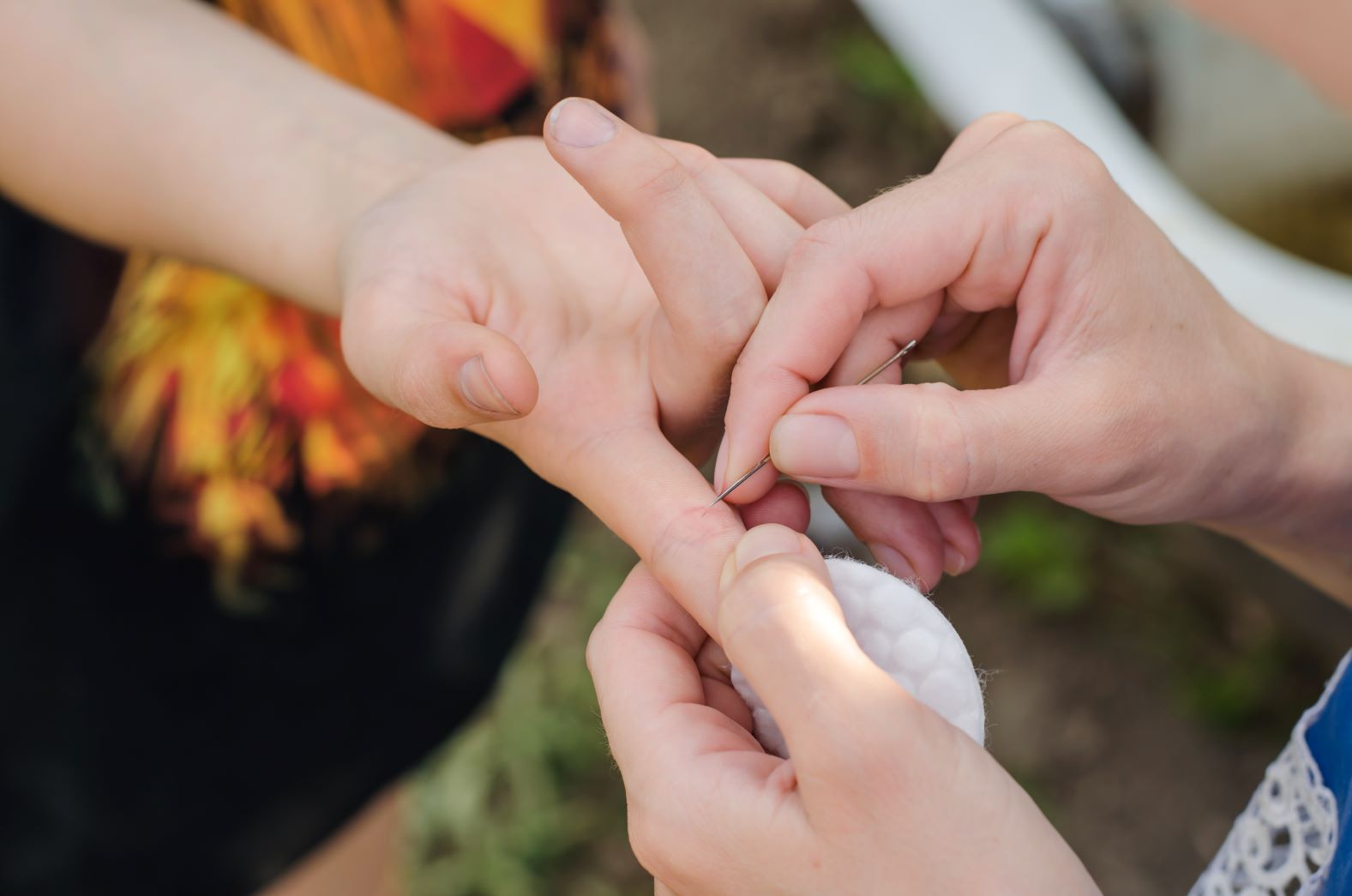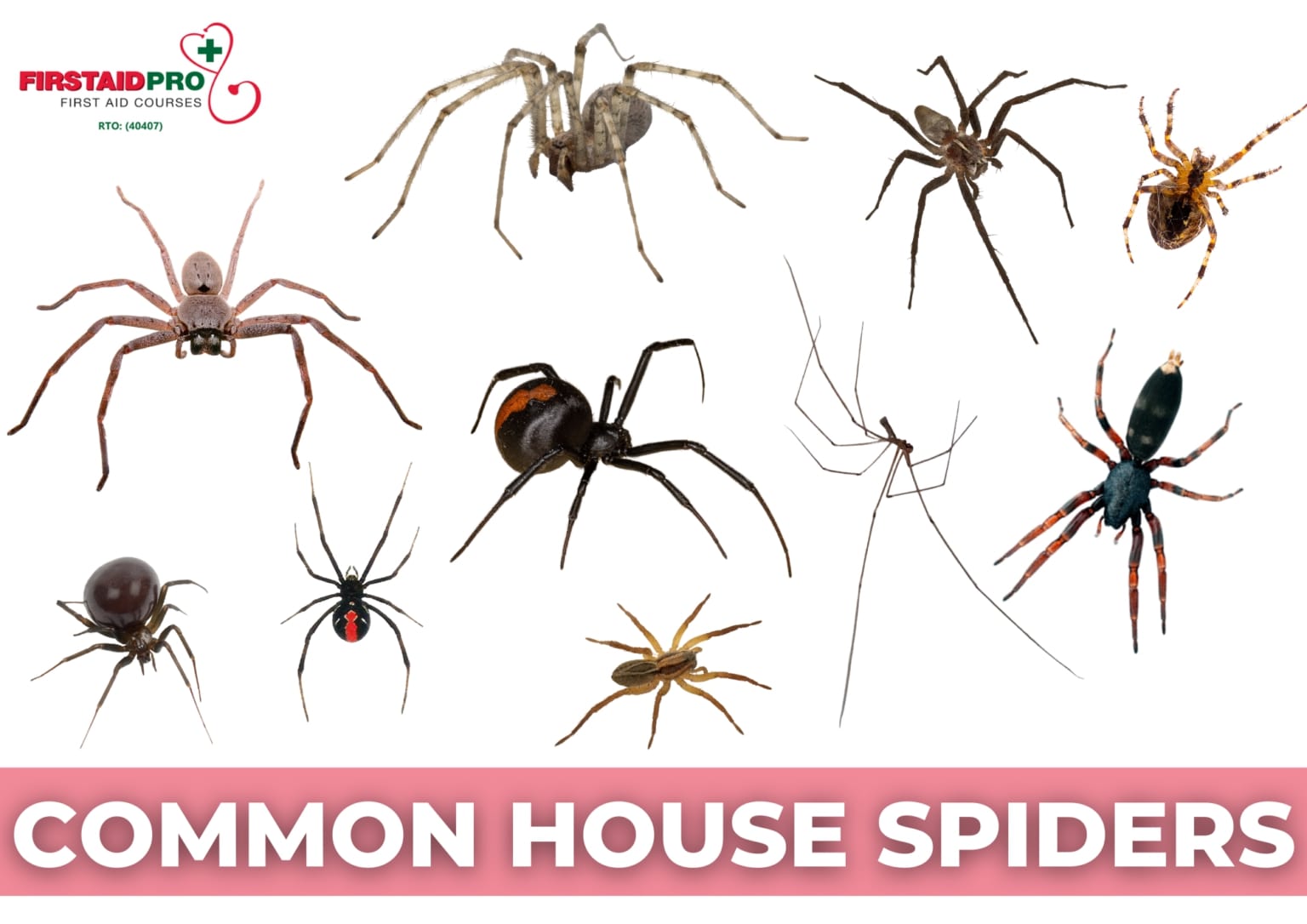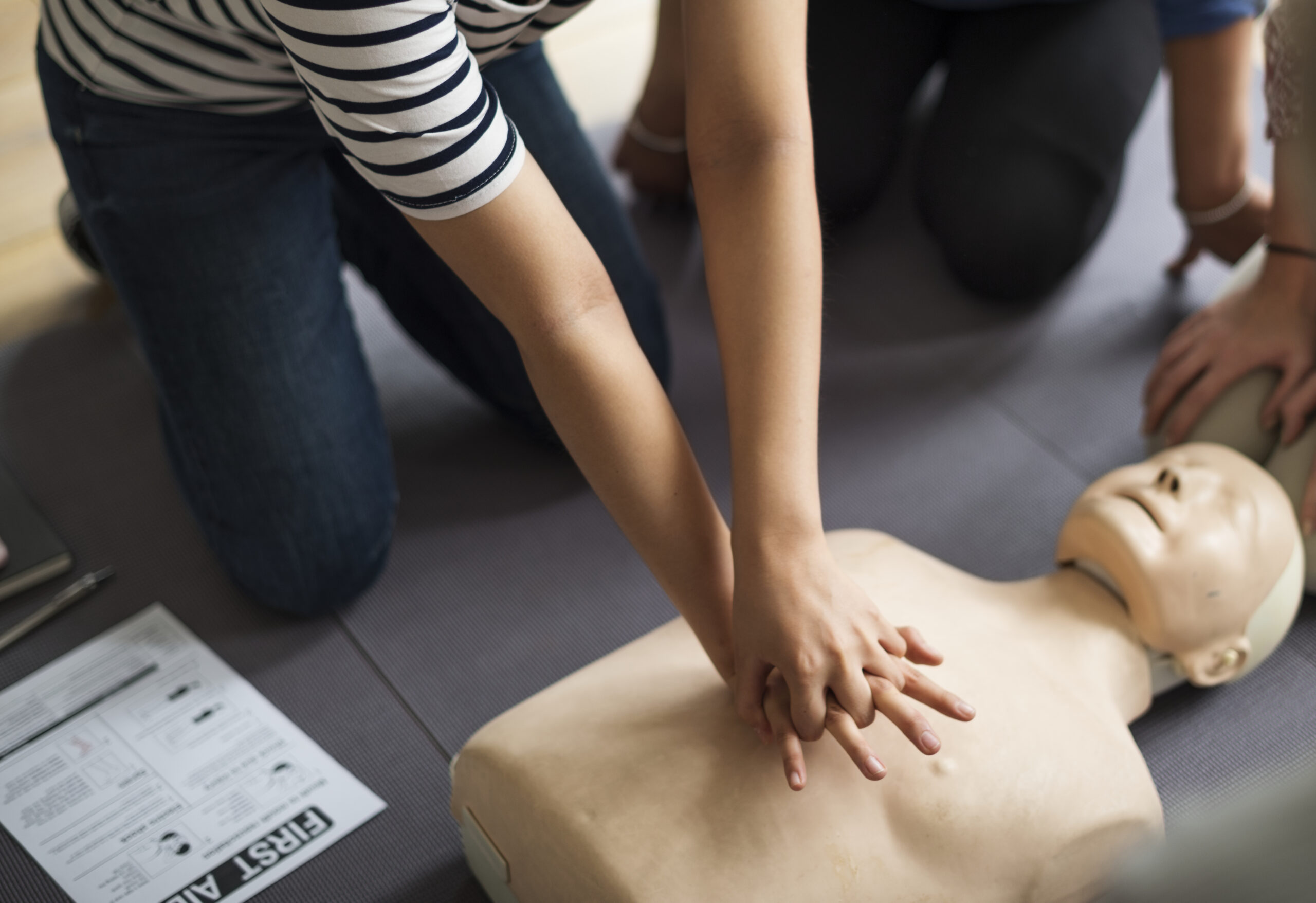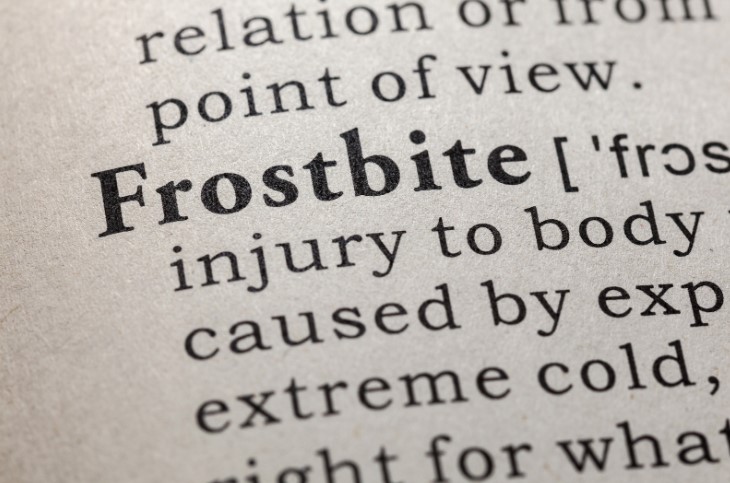The “baby blues” are a normal part of early motherhood and usually go away within a few days after delivery. However, if there is an extreme feeling of sadness and its starts to interfere with everyday life, the mother may be experiencing Post-Partum Depression.
What Is Post-Partum Depression?
Postpartum depression (PPD) is a mental illness that affects many women after giving birth.
It is normal to feel the “baby blues” a few weeks before and after delivery. However, postpartum depression is on another level. This condition occurs when the mother experiences extreme sadness, loneliness, worthlessness, restlessness, and anxiety that may last longer.
Bringing a new human to the world can trigger various intense emotions. The mother may feel excitement and happiness at one moment, then feel anxious and overwhelmed after. At the same time, she may experience hormonal and physical changes that contribute to these feelings and the chance for postpartum depression.
Knowing and understanding the warning signs of PPD is essential to prevent future problems.
Signs And Symptoms
The symptoms of postpartum depression may vary for every woman. But common signs of PPD include:
- Feeling sad, hopeless, or overwhelmed
- Anxious or worrying non-stop
- Blaming oneself unnecessarily
- Often crying
- Changes in mood
- Anger or irritability
- Sleeping too much or too little
- Eating too much or too little
- Trouble concentrating
- Isolation and not wanting to be with friends and family
- Not feeling attached to the baby
In rare and severe cases, some women may have thoughts of hurting the baby or themselves. The person may also hear voices, see things not present, and feel paranoid.
Causes Of Post-Partum Depression
There is no single cause for postpartum depression, but some physical and emotional factors may play a role.
Physical Changes
The woman’s body will experience a dramatic drop in hormones (estrogen and progesterone) after childbirth, contributing to postpartum depression. Other hormones from the thyroid gland may also decrease, resulting in feeling tired or sluggish.
Emotional Factors
Lack of sleep or the overwhelming feeling of having a baby may cause anxiety to the mother. It may result in difficulty handling even minor problems and the ability to care for a newborn.

Many women feel less attractive, struggle with their sense of identity, or have lost control over their lives after giving birth. All of these factors can contribute to postpartum depression.
Treatment
Effective strategies help cure PPD, from self-help techniques to counselling and medication. It will help with the symptoms and improve the mother-child relationship and also the child’s cognitive development.
Here are some postpartum depression treatments that you may find helpful.
- Find someone to talk to and share feelings.
- Take time to rest and re-energise.
- Allot time to do something for oneself, even if it is only 15 to 20 minutes a day. Do some reading, mild exercise, take a bath, or try meditation.
- Keep a daily journal to write feelings and emotions on a specific day. It is the best way to let out thoughts and frustrations.
- Celebrate small achievements. Remember to celebrate even the most minor thing you did on any day.
- Recognise feelings. Childbirth brings many changes to a woman’s emotional health. Give yourself some credit and understand that these feelings can go away.
- Get help from others. As much as we all want to become supermums, it would not hurt to ask for help from others when in need.
- Find a support group. Get in touch with people near you who have experience with postpartum depression.
- Talk to a professional. Seek help from a doctor for the best possible treatment. Call a suicide hotline, a friend, or a family member if you have thoughts of self-harm or hurting the baby.
Mental Health First Aid Training
Take a Mental Health First Aid course to recognise warning signs of Postpartum depression. Learn about the risk factors and what to do if you or a loved one struggles with depression and other mental illnesses.








